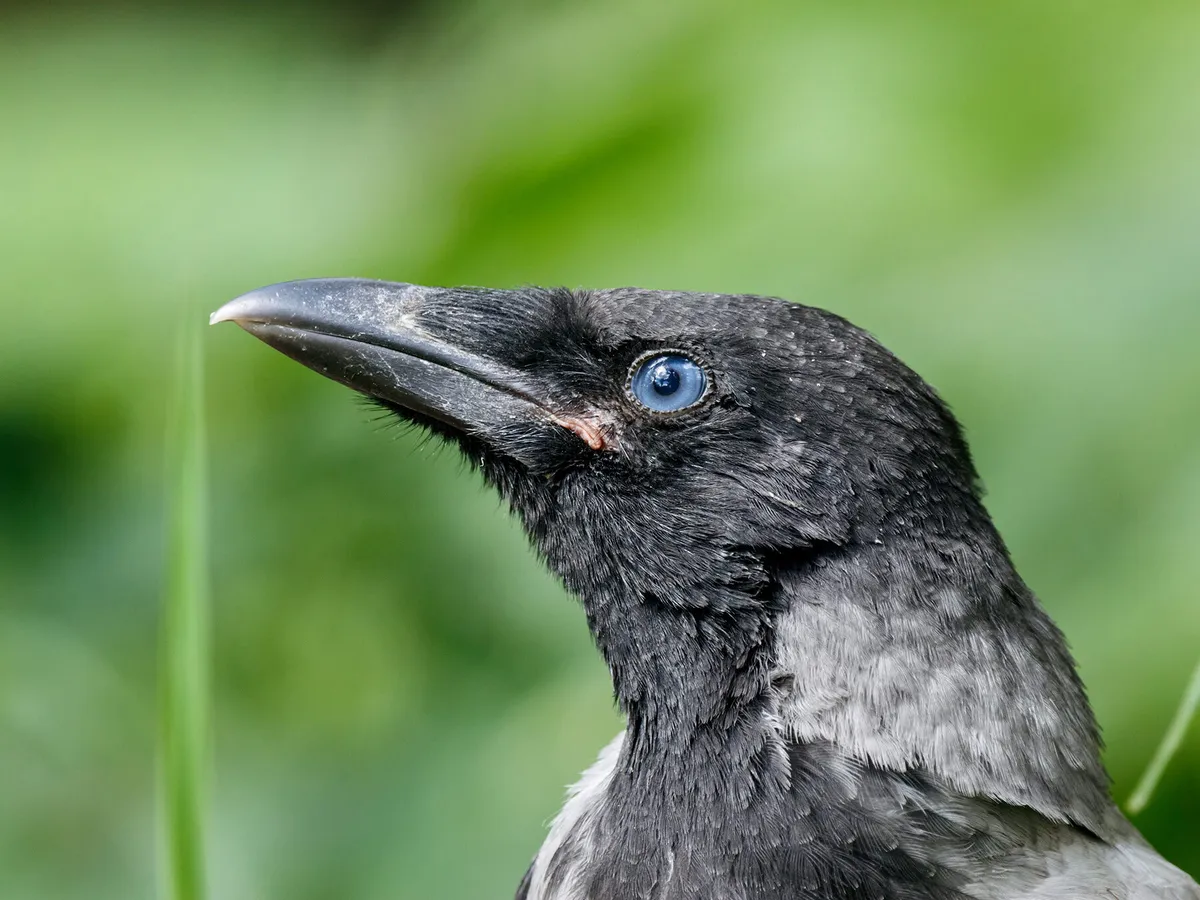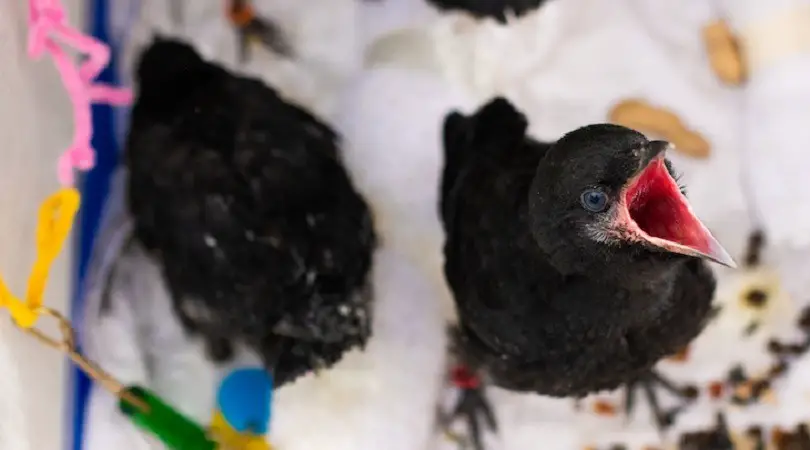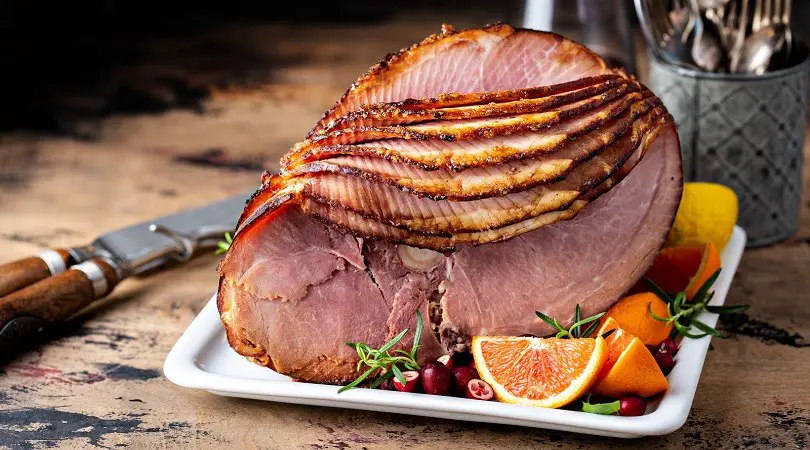Last Updated on December 22, 2022
The sound of a baby crow is high-pitched and harsh, like the adult bird. It is often described as sounding like a loud, screeching alarm clock.
If you’ve ever wondered what baby crows sound like, wonder no more! Baby crows make a variety of sounds, from the classic “caw” to a more high-pitched screech. They also make softer cooing noises when they’re content.
Interestingly, baby crows can also mimic the sounds of other animals and birds. So if you hear a crow making a sound that doesn’t quite fit, it might just be imitating something else!
Baby crow sounds or call
Do Baby Crows Make Noise?
Crows are interesting creatures and baby crows are no exception. While you might think that baby crows would be silent, they actually make a variety of noises. Here is a look at some of the sounds that baby crows make and what they mean.
One of the most common sounds that baby crows make is a begging call. This noise is typically made when the crow is hungry and is trying to get food from its parents. The begging call sounds like a soft “caw” or “kow.”
If you hear this noise coming from a baby crow, it means that the little one is hungry and you might be able to give it some food.
Another sound that baby crows make is called an alarm call. This noise is made when the crow feels threatened or when there is danger nearby.
The alarm call sounds like a loud “caw” or “kow.” If you hear this noise coming from a baby crow, it means that the little one feels threatened and you should be on alert for danger as well.
Baby crows also make other noises such as cooing, clicking, and even laughing.
These noises are usually made when the crow is happy or content. So, if you hear these noises coming from a baby crow, it means that the little one is happy and doing well.
How Can You Tell a Baby Crow?
A baby crow is generally smaller than an adult crow, with proportionately smaller feet and bill. The plumage of a juvenile crow is also generally more dull in color than that of an adult.
What Time of Year Do Baby Crows Hatch?
Crows hatch in late spring or early summer. The young are born naked and helpless, with their eyes closed. They remain in the nest for about 4 weeks before they are able to fly.
What Do Crows Sound Like When They Talk?
Most people are familiar with the sound of a crow cawing, but did you know that crows can actually talk? That’s right, these clever birds are capable of using their voice to communicate with other crows, and even humans.
So, what do crows sound like when they talk?
Well, it depends on what they’re trying to say. For example, a mother crow will often make a soft “cooing” noise to her chicks. But if she’s warning them of danger, her call will be much harsher.
Crows also use different calls to communicate with other members of their flock. For instance, they might use a “rattle call” to signal that there is food nearby. Or they might give a “chatter call” when they’re feeling threatened or excited.
Interestingly, research has shown that crows can even mimic the sounds of other animals and birds. So if you hear a crow making a noise that doesn’t sound quite right, it might just be imitating something else!

Credit: birdfact.com
Baby Crow Hatching
A baby crow hatches from its egg after about 21 days. The newly hatched crow is pink and naked, with its eyes closed. It weighs only about one ounce.
The baby crow will spend the next few weeks in the nest, being fed by its parents and gradually growing its feathers. By the time it is ready to leave the nest, the young crow will look like a miniature version of an adult crow.
Conclusion
Assuming you are referring to the blog post titled “What Do Baby Crows Sound Like?” by Katya, published on May 5th, 2016:
The author starts off by describing how crows are generally seen as pests or nuisances. However, she finds them to be interesting creatures and decided to do some research on them.
What she discovered is that baby crows make a sound called “begging calls” which is a high-pitched noise that sounds like they’re crying. The adults make a similar noise when they’re trying to get food from their parents.
Katya goes on to say that she thinks the reason people don’t like crows is because of how they look.
They’re all black and have beady eyes which can appear menacing. But she finds them to be beautiful in their own way and hopes that others will start to see them in a different light too.









